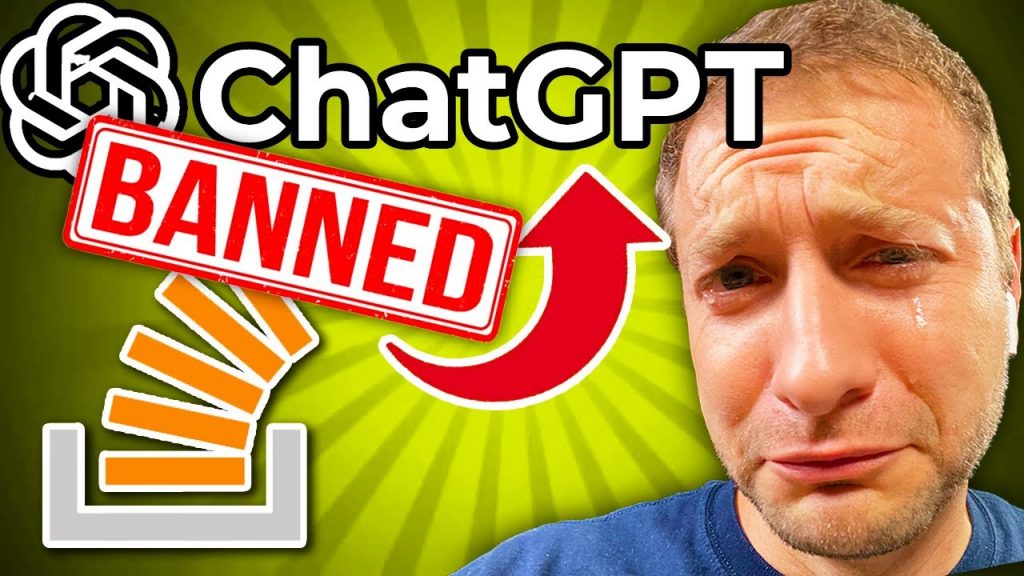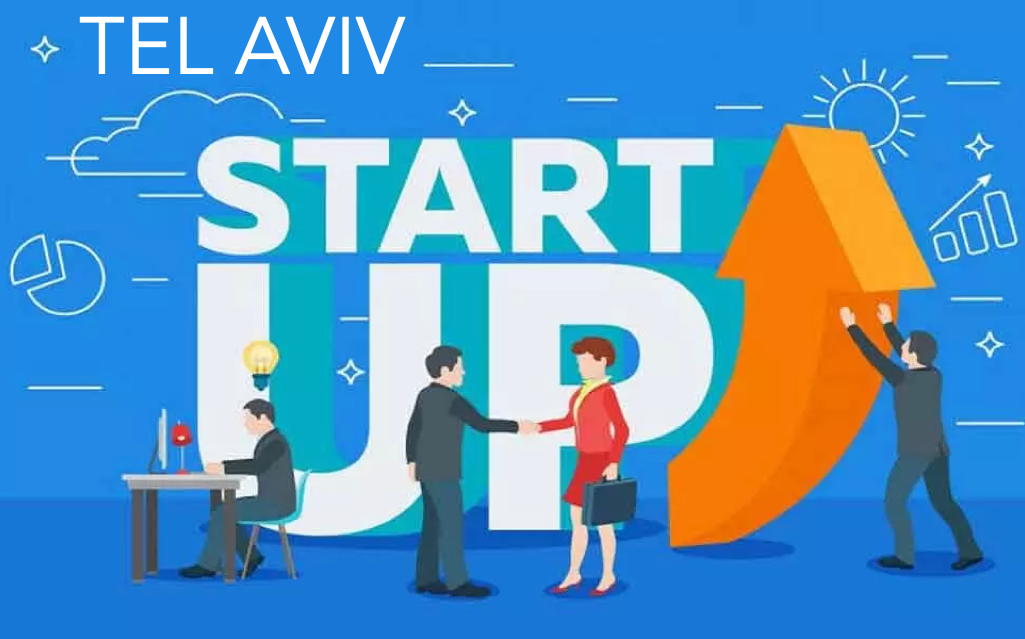Out of concern for “safety and accuracy,” New York City’s education department has blocked access to ChatGPT, a chatbot that uses machine learning to write realistic text.
Chalkbeat New York was the first to report that the ban would apply to devices and internet networks owned by the Department of Education. A spokesperson for the department said that individual schools can ask to use ChatGPT to study AI and technology-related education.


“Because of concerns about how it might hurt students’ learning and how safe and correct the content is, access to ChatGPT is restricted on networks and devices in New York City Public Schools,” a spokesperson for the education department told Motherboard. “The tool may be able to answer questions quickly and easily, but it doesn’t help build critical thinking and problem-solving skills, which are important for success in school and in life.
OpenAI will release ChatGPT in November 2022. Since then, it has caused a lot of buzz, debate, and fear-mongering about the continued rise of AI systems in creative industries. The chatbot isn’t really that smart. In December, Stack Overflow banned it because it always gave wrong answers to questions about programming. Even OpenAI’s CEO, Sam Altman, doesn’t think it’s that good. He tweeted last month that “ChatGPT is incredibly limited but good enough at some things to give a false impression of greatness” and that “it’s a mistake to rely on it for anything important right now.”
At the same time, the Washington Post says that some teachers are “nearly panicked” about the technology that makes it easy for students to cheat on assignments. The New York Times recently put samples of ChatGPT’s writing next to writing by real students and teachers, and none of them could reliably tell which one was written by a bot and which one was written by a real student.
When I asked ChatGPT what it thought about the ban, it gave me a fair answer: “It is important to think about the possible risks and benefits of using ChatGPT in education, and to carefully weigh the evidence before making a decision.” It is also important to listen to the opinions and concerns of all parties involved, such as teachers, students, and parents, in order to make decisions that are fair and well-informed.
OpenAI didn’t answer right away when asked for a comment.




